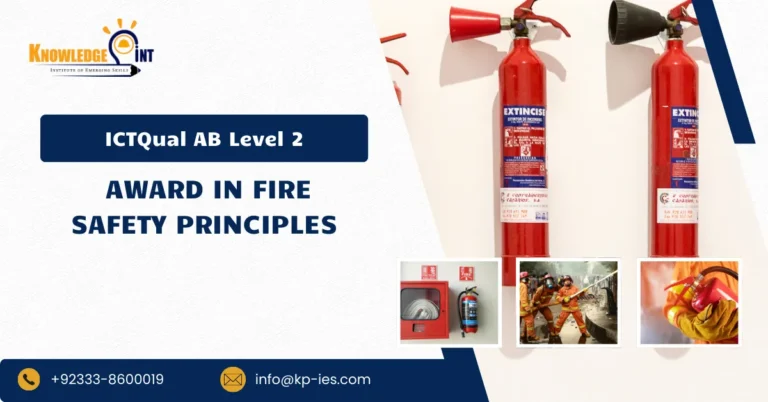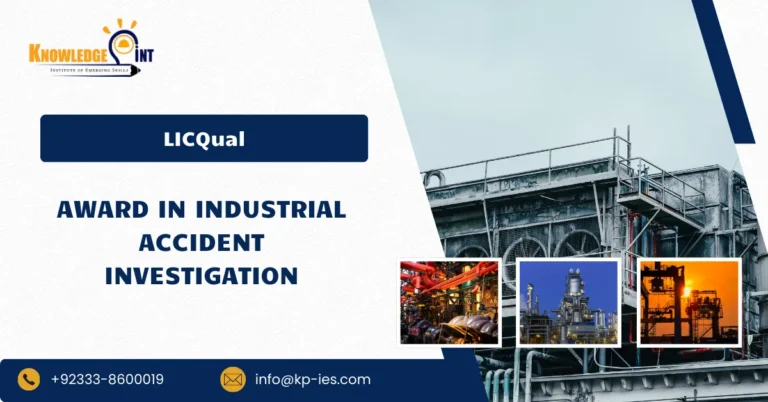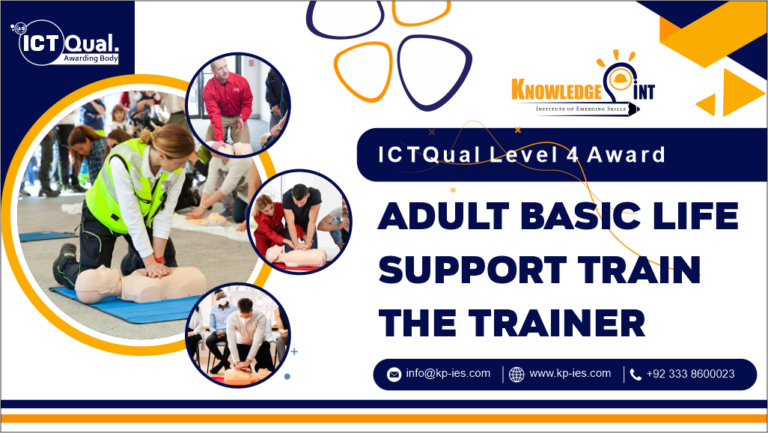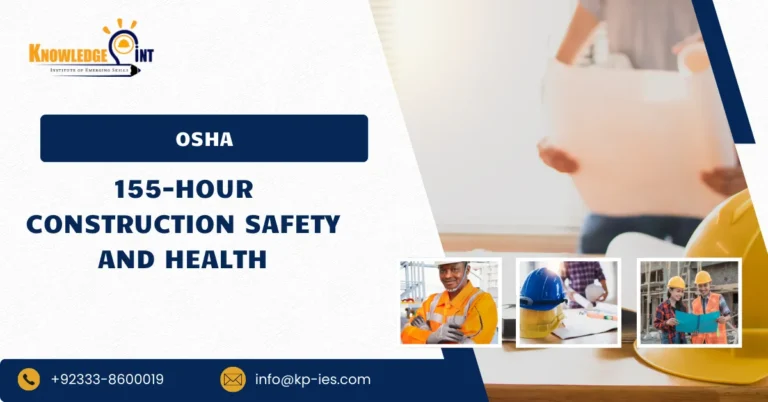LicQual Level 4 Diploma
Environmental Sustainability Management
Awarding Body
LICQual
Credits
60 Credits
Course
Environmental Sustainability Management
study mode
Online Learning
Course overview
The LicQual Level 4 Diploma in Environmental Sustainability Management is designed for individuals seeking to advance their knowledge and professional capability in environmental and sustainability management. This course builds on foundational concepts and introduces more in-depth understanding of environmental legislation, regulatory frameworks, and international sustainability standards. Learners develop the skills required to support strategic environmental planning and ensure organisational compliance while promoting long-term sustainable practices.
Throughout the programme, learners gain advanced practical skills to manage and improve environmental performance within organisational settings. Core areas of study include advanced environmental impact assessment, sustainable resource and energy management, pollution control strategies, and environmental risk management. Learners also explore sustainability reporting, continuous improvement systems, and the planning and coordination of environmental audits. Applied assignments and real-world case studies enable learners to evaluate complex environmental challenges and implement effective, practical solutions.
This qualification is ideal for environmental officers, sustainability coordinators, supervisors, and professionals with operational responsibility for environmental performance. Graduates are equipped to manage compliance activities, lead sustainability initiatives, and contribute to organisational environmental strategy. The Level 4 Diploma also provides a strong progression pathway to higher-level qualifications, supporting career advancement into senior environmental management, sustainability leadership, and consultancy roles.

Approved Training centre of LICQual Uk
Centre # : ATC24002

Entry Requirments
Entry Requirements for the LicQual Level 4 Diploma in Environmental Sustainability Management:
- Educational Qualifications:A Level 3 qualification or equivalent in environmental management, sustainability, or a related subject is recommended.
- Professional Experience:Some relevant workplace experience in environmental, sustainability, or operational roles is desirable but not mandatory.
- English Language Proficiency:Since the program is delivered in English, learners must show competence in reading, writing, and communication.
Course structure
The LicQual Level 4 Diploma in Environmental Sustainability Management in Personal Protective Equipment qualification consists of 10 mandatory units.





